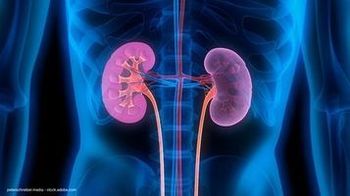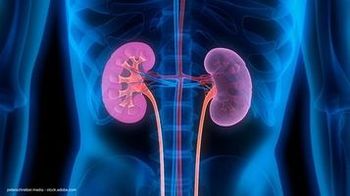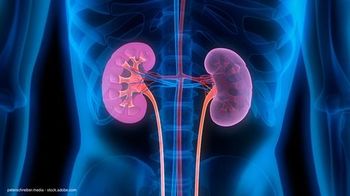
Cholesterol-lowering drug shrinks enlarged prostates in early study
A cholesterol-lowering drug reduced the enlarged prostates of hamsters to the same extent as a drug commonly used to treat BPH, report researchers from Children's Hospital, Boston.
A cholesterol-lowering drug reduced the enlarged prostates of hamsters to the same extent as a drug commonly used to treat BPH, report researchers from Children’s Hospital, Boston.
The study, which was published in the Journal of Urology (2010; 184:1555-9), implicates circulating cholesterol in the progression of the condition and suggests a potential new strategy for prevention and treatment, researchers say. The latest findings emerge from experiments with a strain of Syrian hamsters that undergo prostate enlargement naturally.
The team tested ezetimibe (Zetia), an FDA-approved hypercholesterolemic drug, against finasteride (Proscar). Ezetimibe reduced prostatic enlargement in aged hamsters as effectively as finasteride, and combining the two drugs worked better than either one alone.
In an unexpected finding, it was observed that finasteride caused atrophy of the hamster prostate while ezetimibe did not.
"We don’t know the mechanism, but the results suggest to us that lowering cholesterol has the potential to reduce BPH in men," said senior author Keith Solomon, PhD. "This brings up the possibility that other cholesterol-lowering therapies, including exercise and diet, may prevent BPH from developing."
Newsletter
Stay current with the latest urology news and practice-changing insights — sign up now for the essential updates every urologist needs.





